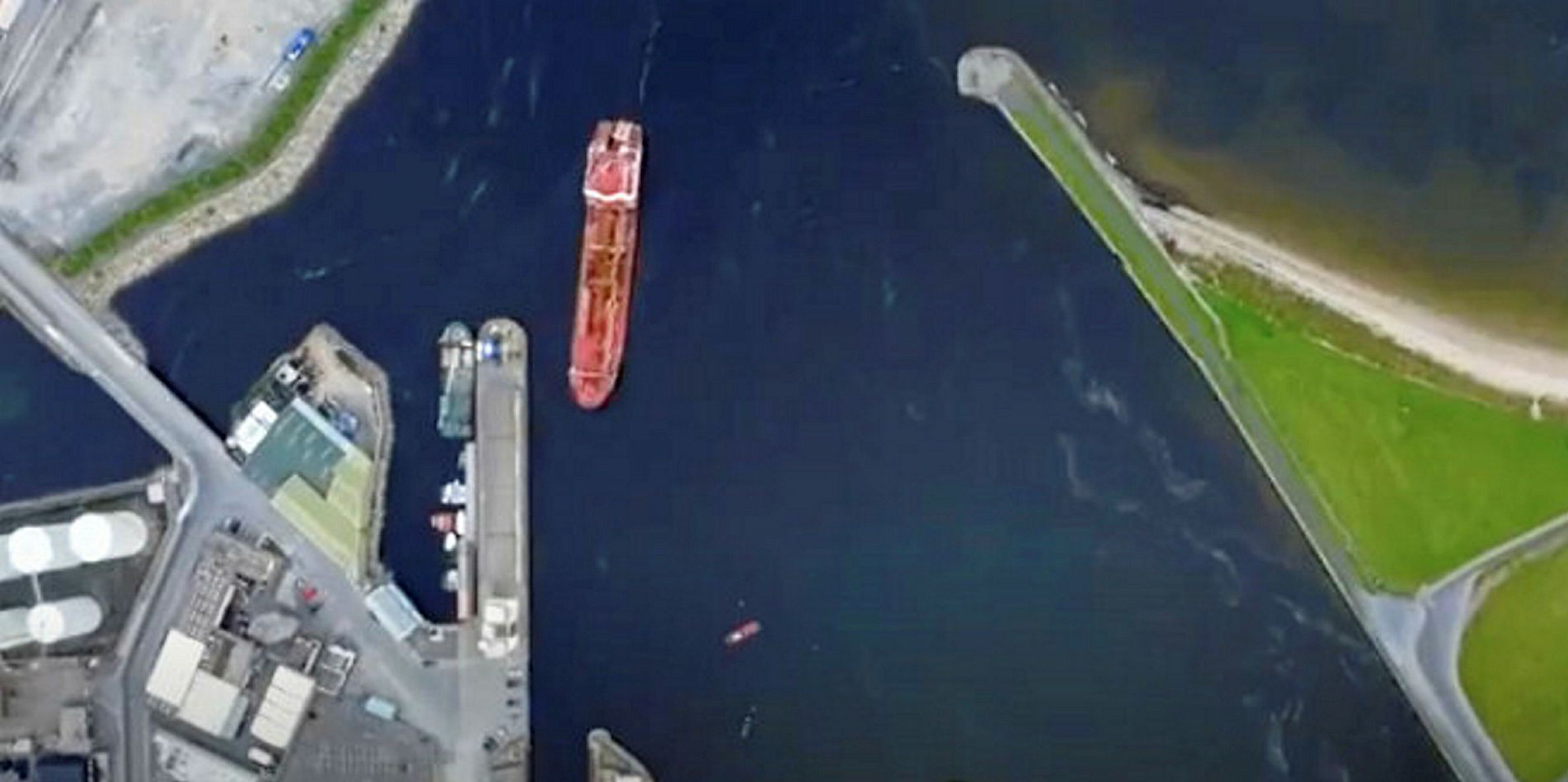UK tanker and marine services group James Fisher has temporarily laid off 400 employees to save money during the coronavirus crisis.
The product carrier specialist said it had to take proactive measures last month to cut costs and protect liquidity due to the uncertainty surrounding the pandemic.
It has postponed any capital expenditure and taken advantage of the UK government's scheme to pay up to 80% of the salaries of furloughed staff.
Hiring of new personnel has been frozen and another 800 employees have taken a 20% pay cut. This is described as a "deferred" cut, however, and includes all board members.
The company has 3,300 workers. It has not responded to TradeWinds' request for updated information on its furlough scheme.
"The group has a strong balance sheet and good liquidity," it said.
It has suspended its 2019 dividend, however. The shipowner has also withdrawn any financial guidance.
Debt at year-end was £203m ($245m), with about £42m of headroom.
It added £30m to its committed facilities in March, lifting headroom to £64m, with a further £13m available as an overdraft.
Fisher has 17 product tankers and four offshore vessels.
Resilience due to global spread
"James Fisher is well diversified by geographical sector and by end market; this provides resilience to profitability and cash flow, notably in the current challenging environment," it said.
"We continue to closely monitor our business and will not hesitate to take swift and decisive action where necessary to ensure the group is well placed to provide long term value to our shareholders."
Trading in the first quarter was in line with the board's expectations, but the real pandemic effects only kicked in at the end of March.
Travel restrictions have hit projects in the Asia Pacific region for its specialist technical division, and a lack of subsea projects in West Africa is restricting otherwise good progress, it said.
Its ship-to-ship services and tankers have seen little negative impact to date.
"It is evident that the seasonal pick up in the second quarter in offshore oil and in renewables is likely to be delayed," it added.





